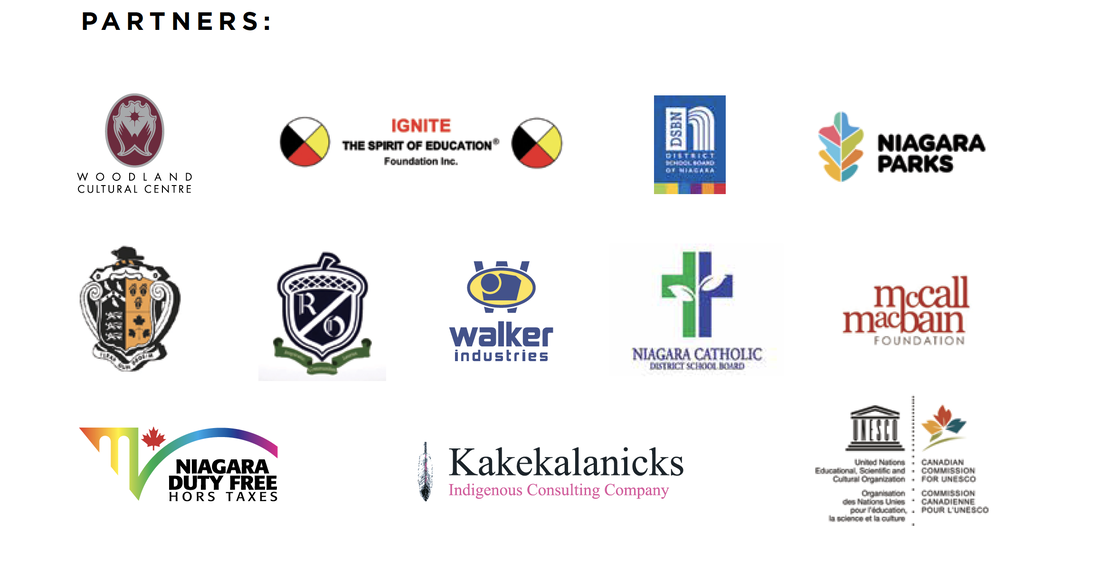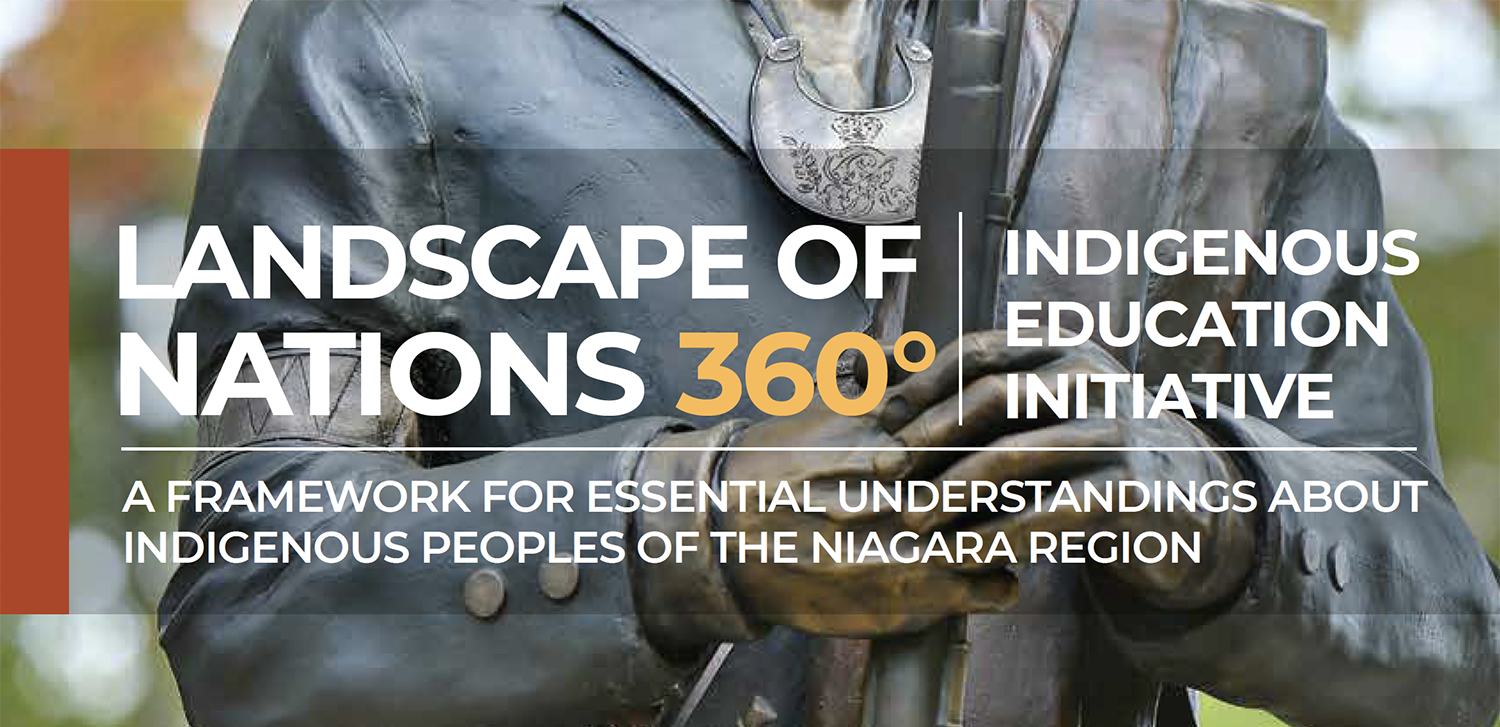
LON 360° Framework for Essential Understandings
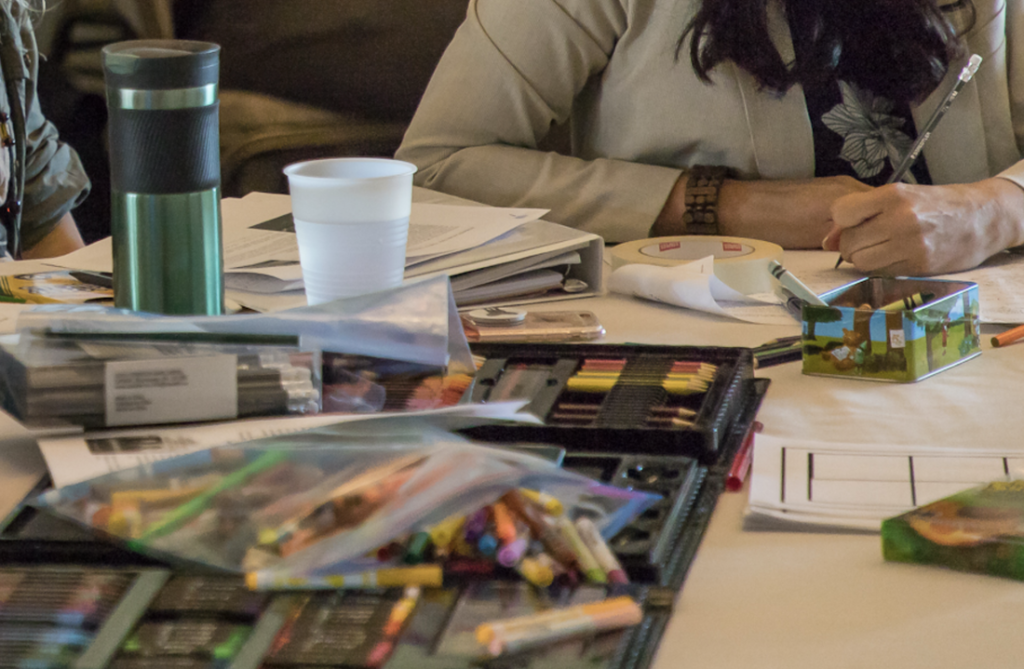
ten essential understandings:
- Indigenous Peoples Cultures
- Time, Continuity, and Change
- People, Places, and Environments
- Individuals, Groups, and Institutions
- Power, Authority, and Governance
- Production, Distribution, and Consumption
- Nature, Science, Technology, and Society
- Global Connections
- Civic Ideals and Practices
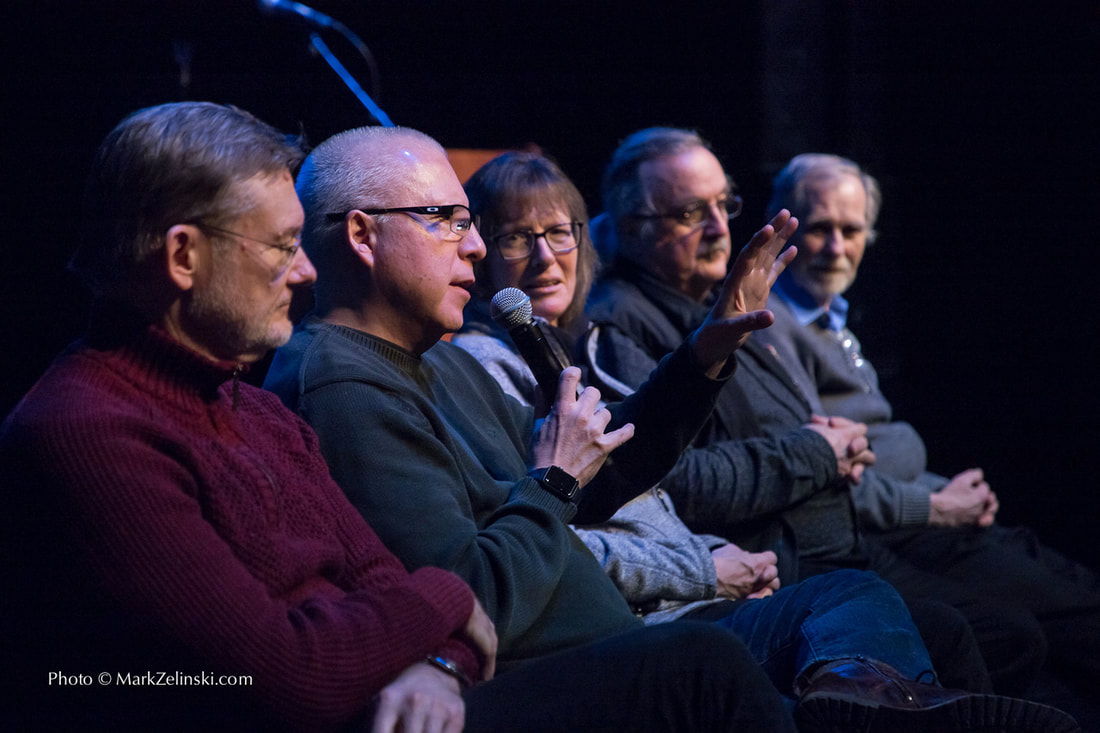
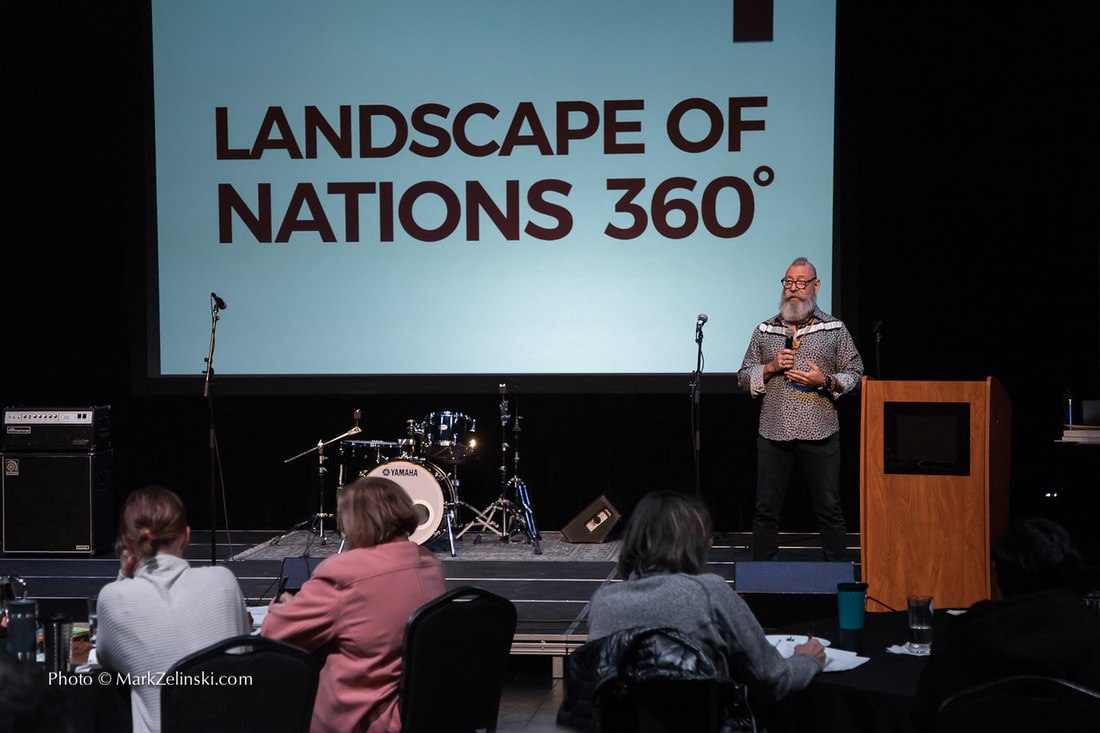
“Educators and School Administrators have been waiting for a long time for a resource as authentic and comprehensive as the Ten Essential Understandings from LON 360°. There is both a deep desire and need in classrooms across the country to acknowledge and educate our students, the future generation, on Indigenous contributions to the history of Canada and to share the stories, beliefs, and perspectives of this important group of peoples. These Ten Essential Understandings will provide the much-needed content knowledge and contemporary lens that is required to teach Indigenous history and perspectives in a comprehensive, respectful, and informed way. As both a teacher and school leader, I know this document in the hands of educators will make an enormous impact on the way we share knowledge with our students, and subsequently on the way they will share their knowledge with those they encounter in their paths and lives ahead.” — JULIA CAIN MURRAY, Head of School, Royal Oak Community School
